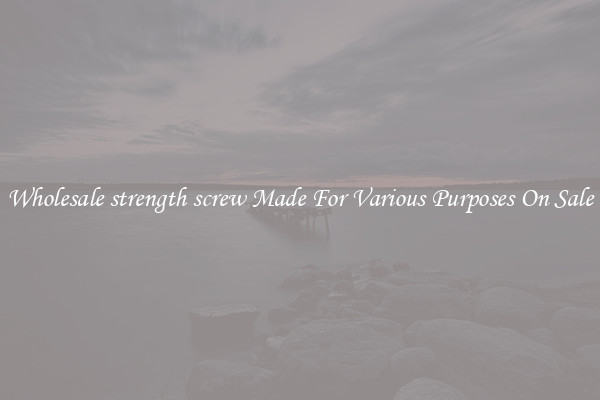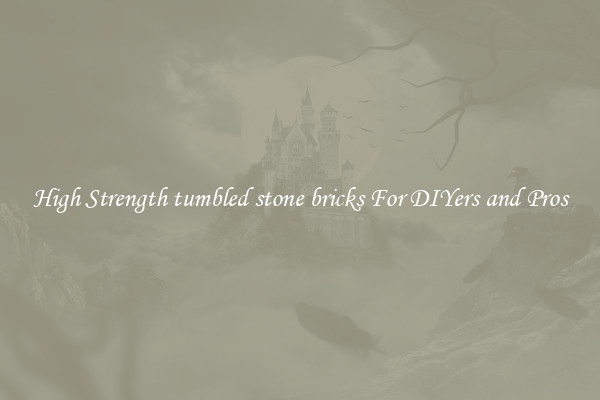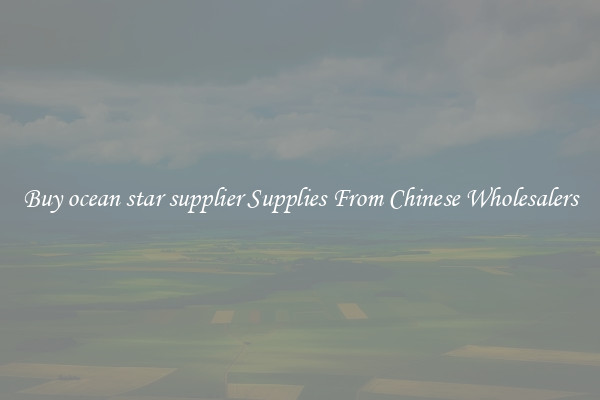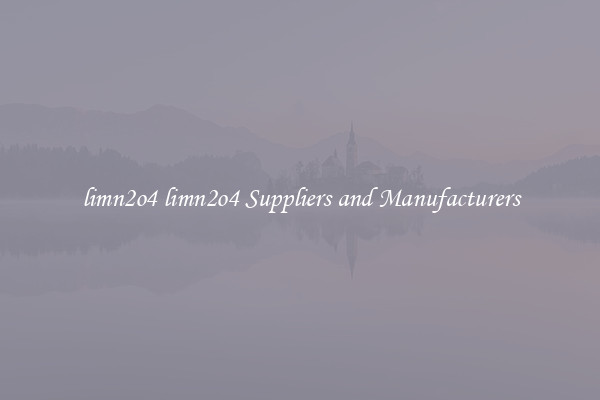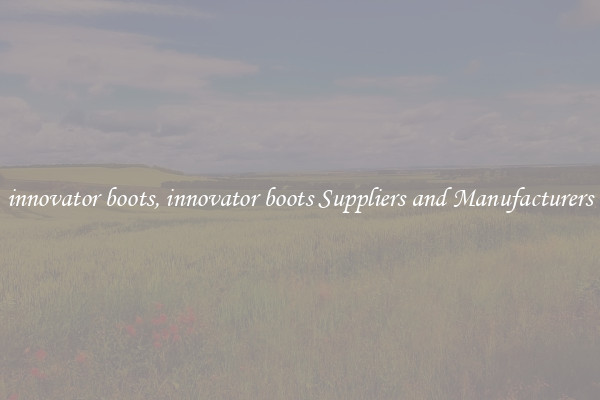Powerful anticorrosive resin For Strength
Corrosion is a major issue that can affect the strength and durability of various materials, including metals, concrete, and even some plastics. It can lead to structural failures, costly repairs, and potential safety hazards. In order to combat this problem, the use of powerful anticorrosive resins is essential.
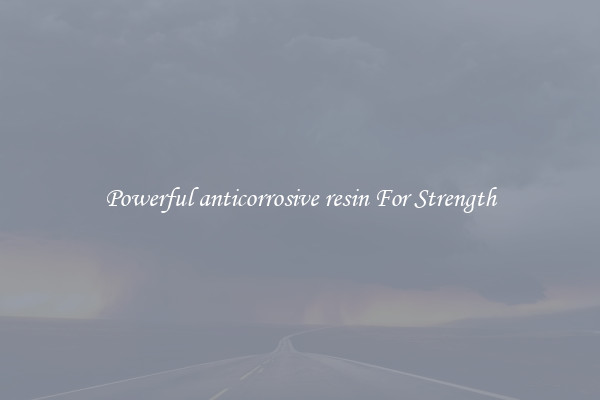
Anticorrosive resins are coatings or compounds that are applied to surfaces to protect them from corrosion. These resins form a barrier between the surface and corrosive elements such as moisture, oxygen, and chemicals, preventing them from coming into contact with the material underneath. This helps to extend the lifespan of the material and maintain its strength and integrity.
One of the key factors to consider when choosing an anticorrosive resin is its strength. A powerful resin should be able to withstand harsh environments and resist corrosion for an extended period of time. This not only helps to protect the material it is applied to, but also reduces the need for frequent maintenance and repairs.
There are several types of anticorrosive resins available on the market, including epoxy, polyester, vinyl ester, and phenolic resins. Each type has its own unique properties and advantages, but all are designed to provide effective corrosion protection.
Epoxy resins are known for their high strength, excellent adhesion, and chemical resistance. They are commonly used in industrial environments, such as chemical processing plants, where corrosive materials are present. Polyester resins are cost-effective and provide good corrosion protection, making them a popular choice for marine applications. Vinyl ester resins offer superior resistance to chemical exposure and high temperatures, making them ideal for extreme environments. Phenolic resins are highly resistant to acids and alkalis, making them suitable for use in the chemical and petrochemical industries.
When selecting an anticorrosive resin, it is important to consider the specific requirements of the application, as well as the potential corrosive elements that the material will be exposed to. It is also important to ensure that the resin is applied correctly, following the manufacturer's instructions, in order to ensure maximum effectiveness.
In conclusion, powerful anticorrosive resins play a crucial role in maintaining the strength and integrity of materials in corrosive environments. By choosing the right type of resin and applying it properly, it is possible to protect surfaces from corrosion and extend their lifespan. Investing in quality anticorrosive resins can save time and money in the long run, as well as prevent potential safety hazards.

View details

View details

View details

View details

